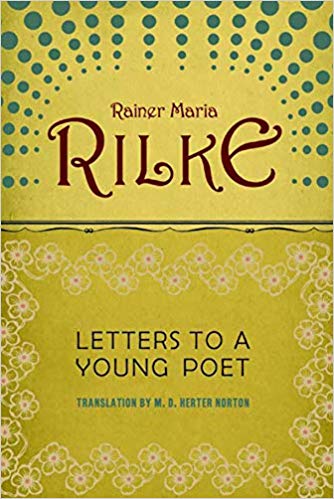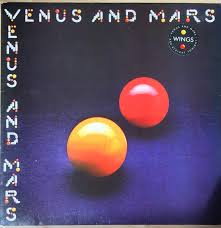Book Review: Letters to a Young Poet

When assigned a book review, I saw this as a perfect opportunity to plug my favorite book, Letters to a Young Poet by Rainer Maria Rilke. This introspective and deeply observational book is only 73 pages long, giving people no excuse not to read it. It’s not your typical book, as it consists only of ten letters written from an established poet to an aspiring poet. There is no story, no plot, no climax and anticlimax, just a conversation between two artists on the importance of creating with intent and noticing the world. I believe in this book so much that I consistently have at least two extra copies to give to people who haven’t read it and are willing to. I have read this book more times than I’ve kept track of, but I can confidently say that it changes the way I live each time.
While thinking of how to approach a review on a book like this, I found and read another review online that was depressingly cynical, of which I completely disagree with. Some may see this book as a dreamer’s foolish attempt to exist and create in a realist’s world, but I see it as an artist’s commentary on what it means to create authentically and with soul, and how this will change the way you go through life. It’s sad to me to think that this reader went through the pages of this book and found nothing but his own criticisms. I’d argue that he missed the entire point of the book, which is pretty hard to do since there’s no one point. Rilke, while scatterbrained, was able to notice countless things that may be missed, as we are often blind travelers of life, unaware of passing opportunities.
When reading the book, it’s clear that the author is a poet. He speaks his art even in letters. I understand that some people are pushed away by this type of writing, but I’d urge all readers of this book to put aside any preconceived judgments of the nature of poetry and read it with the goal of getting something meaningful from the words. Even I, an unapologetic poetry appreciator, feel that Rilke can be a little dramatic in his phrasing at points. But that’s not my place to determine – this is his art, his notes on life, his philosophy – which should be taken as that.
This book speaks on a multitude of issues, from solitude to love to the faults of human nature. It gives direct advice on how to seek life in all things, whether alone or with others. It provides commentary on the power of introspection and vitality of self-awareness. These letters are all-encompassing of the things that humans are often so blind to, which makes them all the more important to read.
If anything, these letters will give readers a greater sense of awareness and highlight the importance to build your own philosophy. It defines conscious living in a way that I personally have not experienced in another book.
Your donation will support the student journalists of Fargo North High School. Your contribution will allow us to resume physical printing of our newspaper for students at Fargo North!

I'm a senior at Fargo North and this is my first year in Journalism. I've really enjoyed the class and hope to continue writing in my future!




